Photographs by Dennis Karotsch | Words by Liz Krämer
The act of self staging for most people may be associated with a self-adoring, autonomous subject. A subject that acts to such an extent self-regarding that to the observer it seems as if the person doesn’t even care whether to appear too extra, too pretentious, too attention seeking; whether to cause some people copping the needle. In most of the cases in fact neither self-fashioning – if referred to tangible, material appearance – nor self-dramatization – if referred to all the rather immaterial and non-tangible variables of body language and aura – underlay true self-assurance. Not to mention underlay a genuinely self-loving, authentic and emotionally congruent personality.
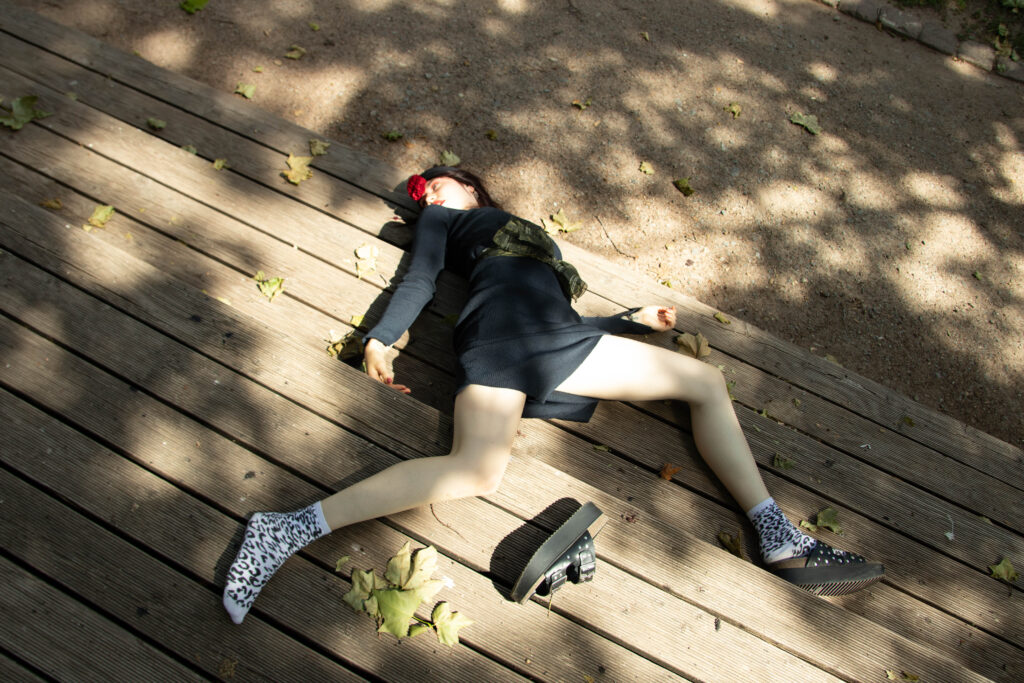
The majority of today’s bloggers and influencers are intoxicated with narcissistic coping mechanisms to desperately conserve self esteem, stemming from a lack of self-confidence. As a usual ingredient of destructive narcissism people aren’t even conscious about the influence their typically self-glorifying behaviour and utterly egocentric manners have on their ‚entourage‘, indeed. Not only to their followers, but in cases of toxic narcissism especially to beloved ones.
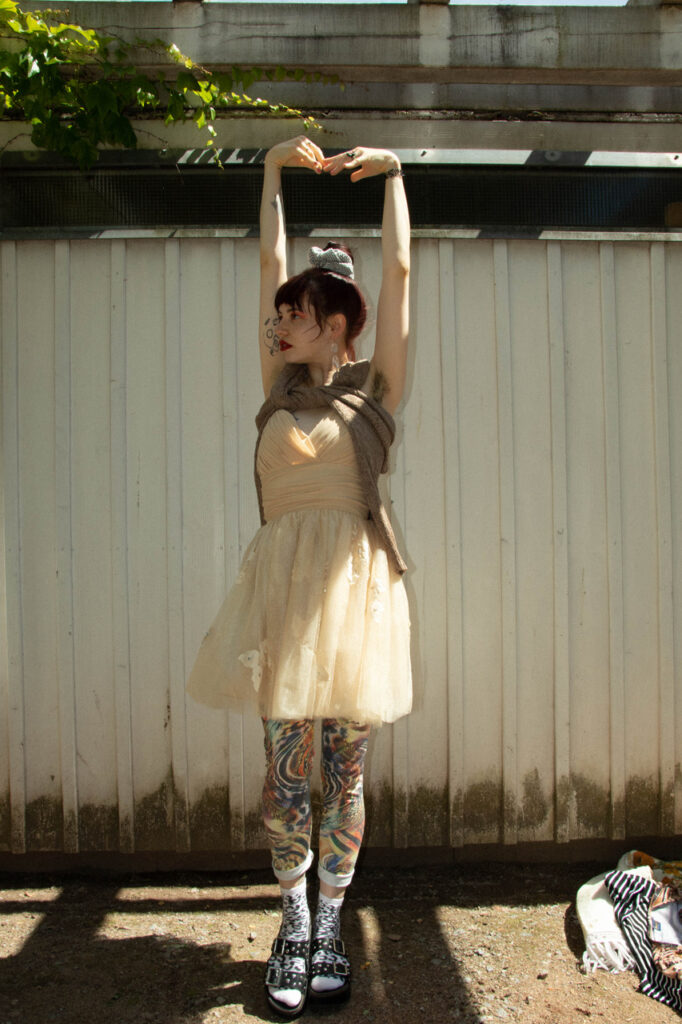

The projects photographs intend to demonstrate an awareness of structural coherences by calling the issue by its name. Since there is no sense in covering the nature of this everyday happening procedure, especially in times of an obviously growing digitalisation and technical economy. We all are compensating actresses and actors, trying to fulfill our emotional needs. Of course, there are plenty more ways to gain affection or love – usually the first of all desires and hidden motives. Being honest with ourselves for a second, though, we tend to follow socialized measures of our zeitgeist most of the times, instead of reaching out to self-effective options. Despite everything, we can (un)learn. That is for sure.
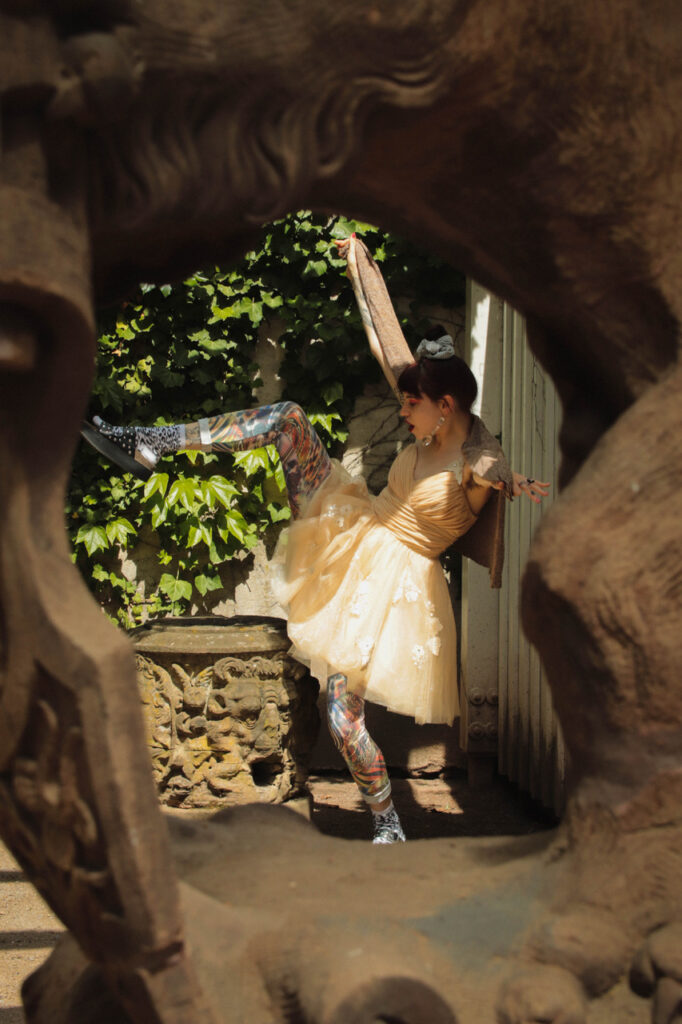


“We are all just actors trying to control and manage our public image, we act based on how others might see us.” (1)
And if it comes to self-staging and acting parts: There may certainly be moments of trust and love with our closest beings. When we simply do not feel the urgent desire to extensively express ourselves, maintaining a certain image – nevertheless these moments are rare. Not least, because we tend to make an effort for making the loved opposite feel appreciated and respected. To do so it seems reasonable to act the part of the plain and fuss-free. To play the one you have a blast with. The stable one. The one who has an inexhaustible capacity for friends and partners before seeking for emotional support oneself. As, if you get recognized as a continuously mentally unstable personality, people get afraid to burn out from supporting. Like there is this need and unwritten law to be considered as functioning. Positively functioning.
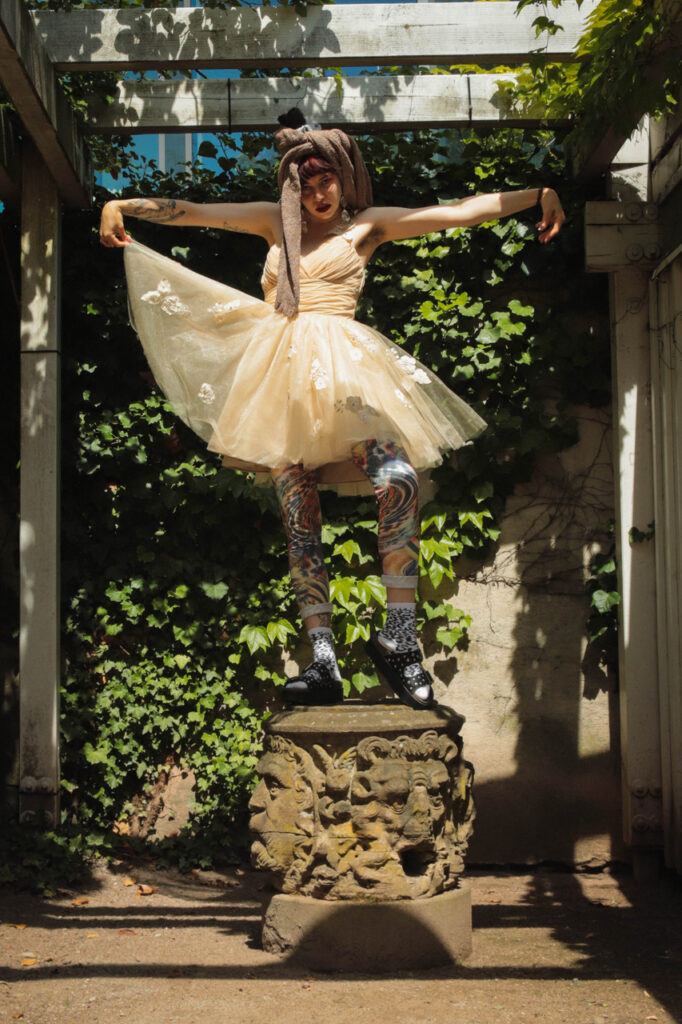
Until you realize your role-play. That role-play that always creates added-value and cuts down your own space. That self-staged image that does not only cheat on your digital followers and the fleeting passersby. But betrays yourself.
It may be a long and hard way out of (re)producing wrong and destructive images and gender-roles. However, the first step should be an awareness for self-staging – it should be to self-stage consciously at least.

The photo series of photographer and filmography-student Dennis (instagram @dennis_karotsch) portraying @liz (instagram @__lmk) shall give an impression of a much less harmful and more reflected way of dealing with corporative doctrines. Liz uses her social media platforms to deconstruct the civilising obligation and need of being self-assured. With her pro-uncertainty activism and dadaistic, often self-humourous, most conscious way of self-staging and body-expression, she juggles between the symptoms of neoliberalistic poison and the options of sensitive self-staging that even allows self-irony. She frequently uncovers her deepest self-doubts.
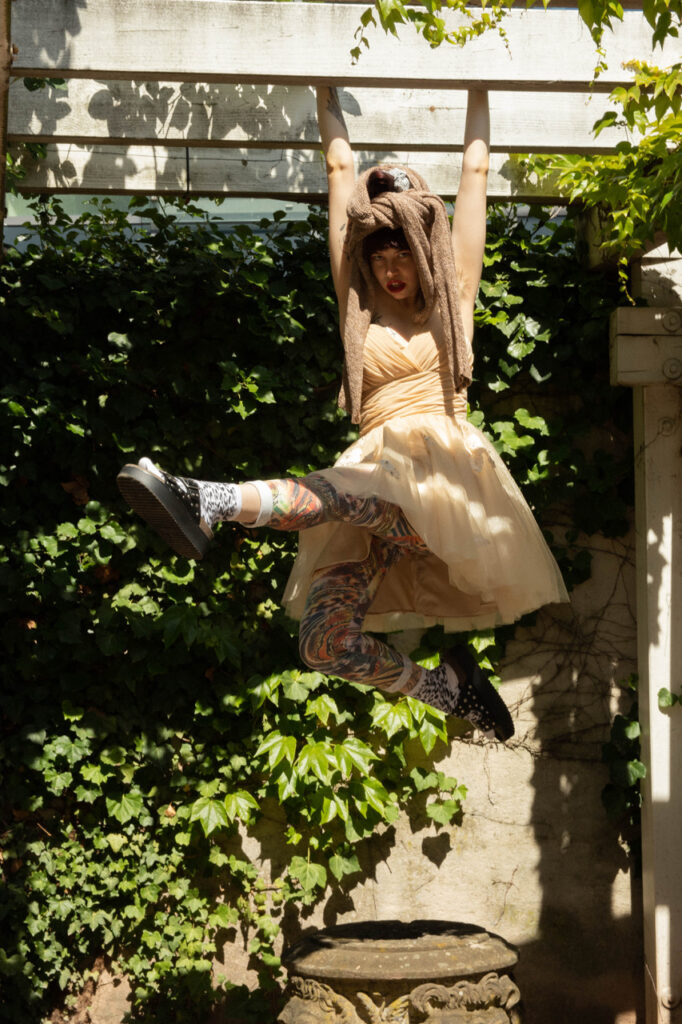
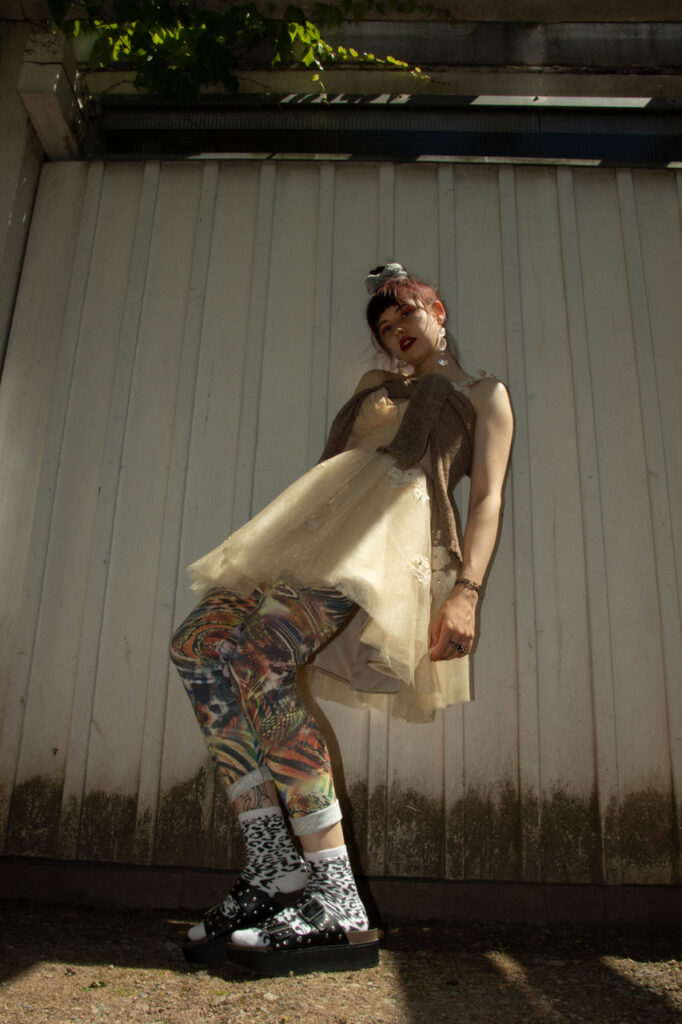

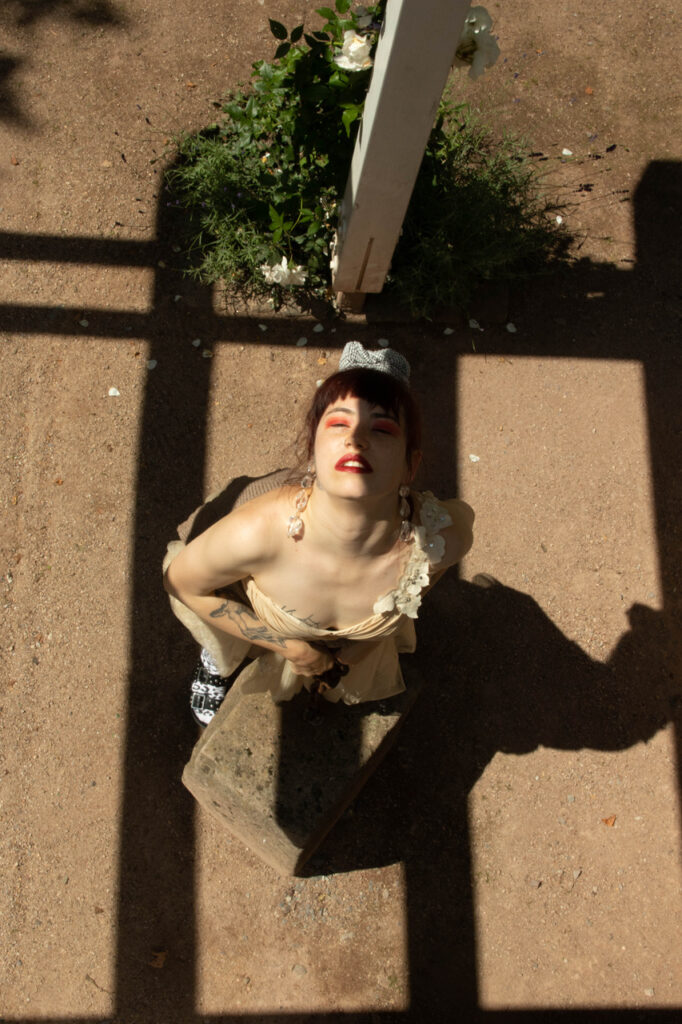



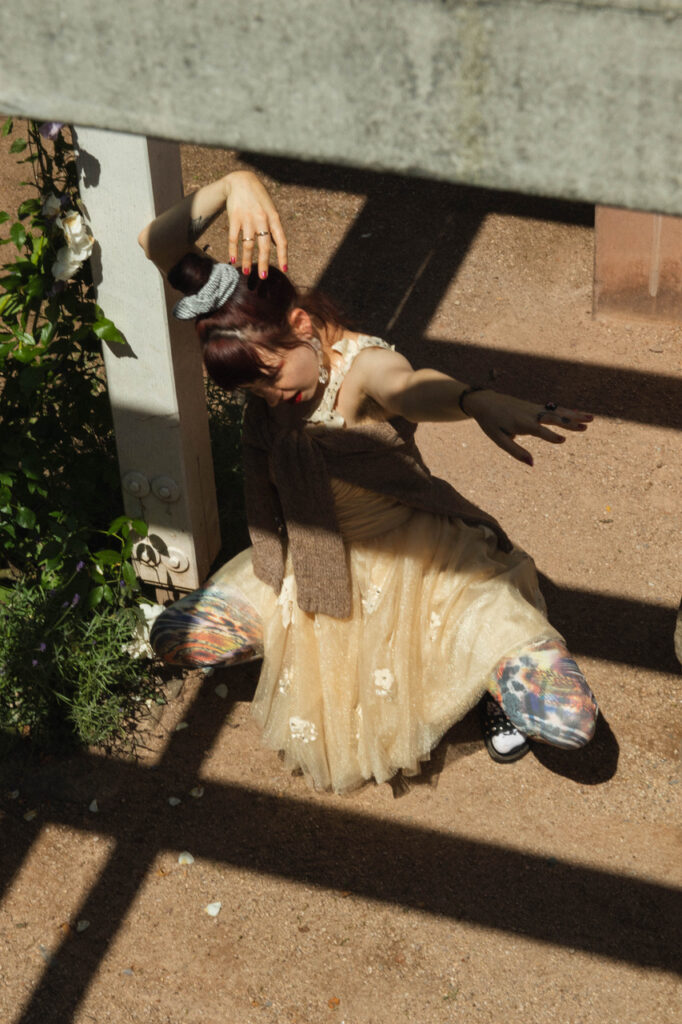
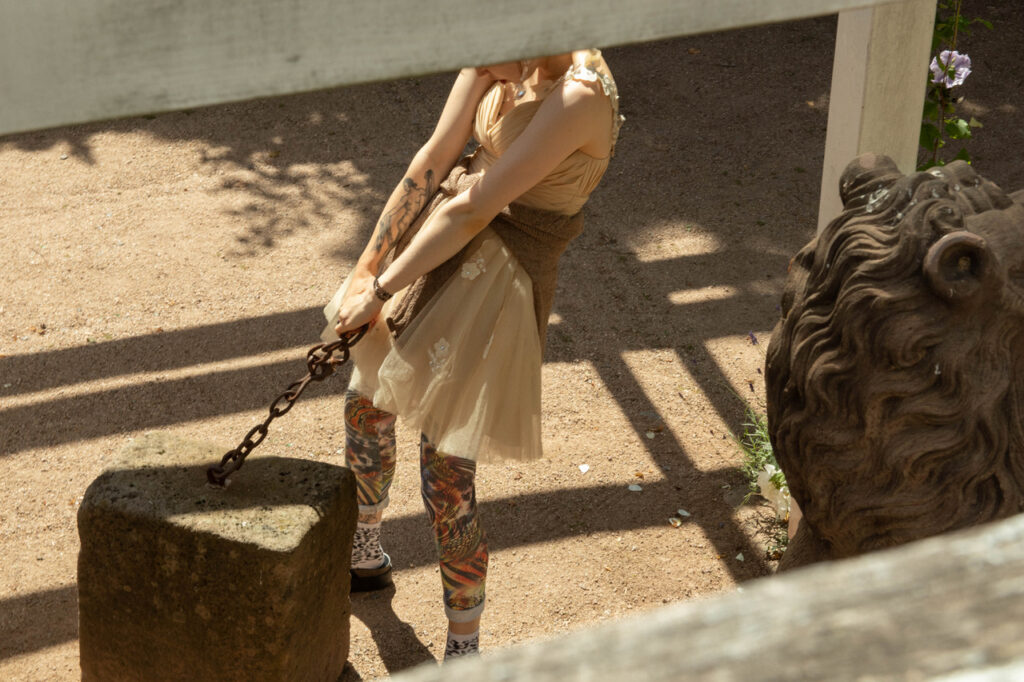
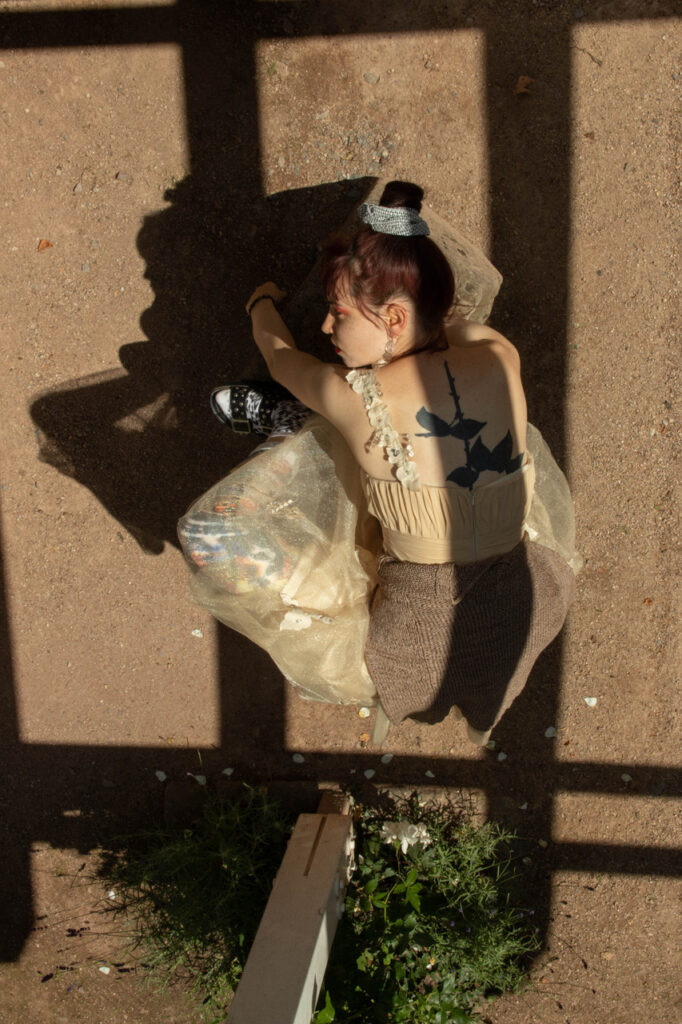



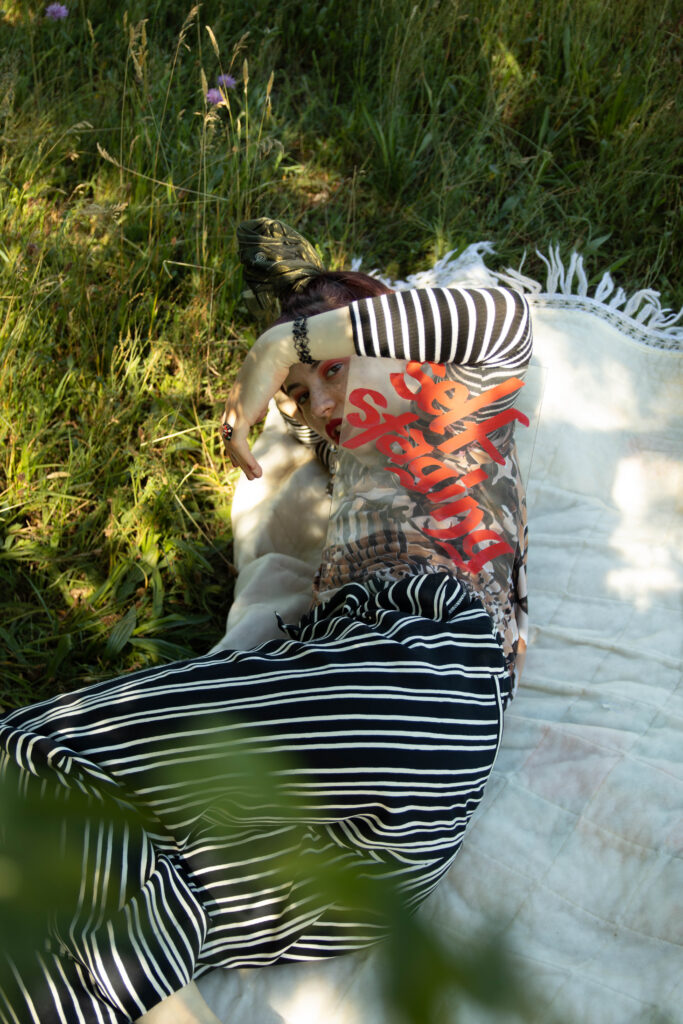

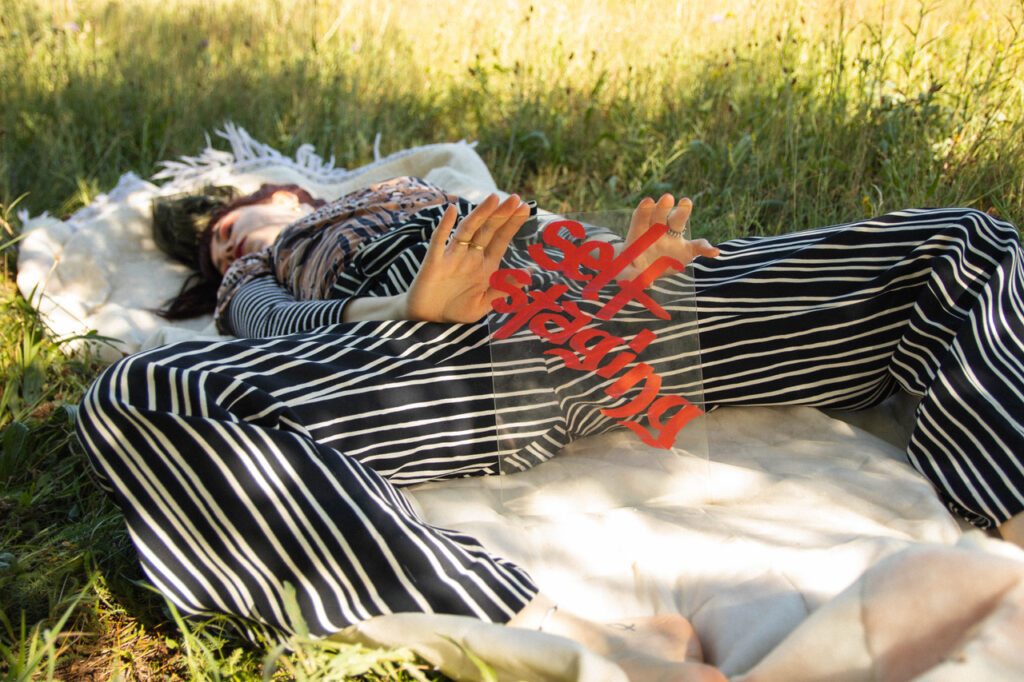
______________________________________________________________________________
Literature:
(1): Goffman, E. (1959): The Presentation of Self in Everyday Life, Carden City & New York: Doubleday and Company, p. 17.



Why was my comment deleted? I think it is really sad that there was no answer or discussion, because I tried my best to criticize the content of this article in a respectful manner. There could have been a fruitful discussion about self-staging, but with my comment deleted it seems like I was right and the modern way of „politics through self staging“ is not about the political content but only about one’s identity and self-gratification. Otherwise, irritations like criticism which do not simply insult but try to discuss the topic would not be silenced. If you do not wish for a discussion, you can get rid of the comment section entirely, this would prevent irritations and you could peacefully stay in your bubble and display your wholeness in more selfies or whatever you wish for.
Hey Kim,
I am really sorry to tell you that due to our moving to an other website all comments until November 2020 could not be taken with us.
I can totally get your anger and frustration to see your comment deleted. I haven’t recognized it until your message, to be honest. It is really sad to not be able anymore to react properly on your lovely and constructive – that’s what I can memorize – feedback on my article. The truth behind my resignation was as simple as that I could not find any time nor capacities yet to answer precisely. And that is what from my point of view was the most important thing. I simply intented to spend the time your message deserved.
I can understand you being too upset and tired to text your notes again. But in case you liked to tell me your thoughts on the self-staging topic again, I would be more than thankful to answer you faster this time (-:
I am really sorry, again.
Best, Liz